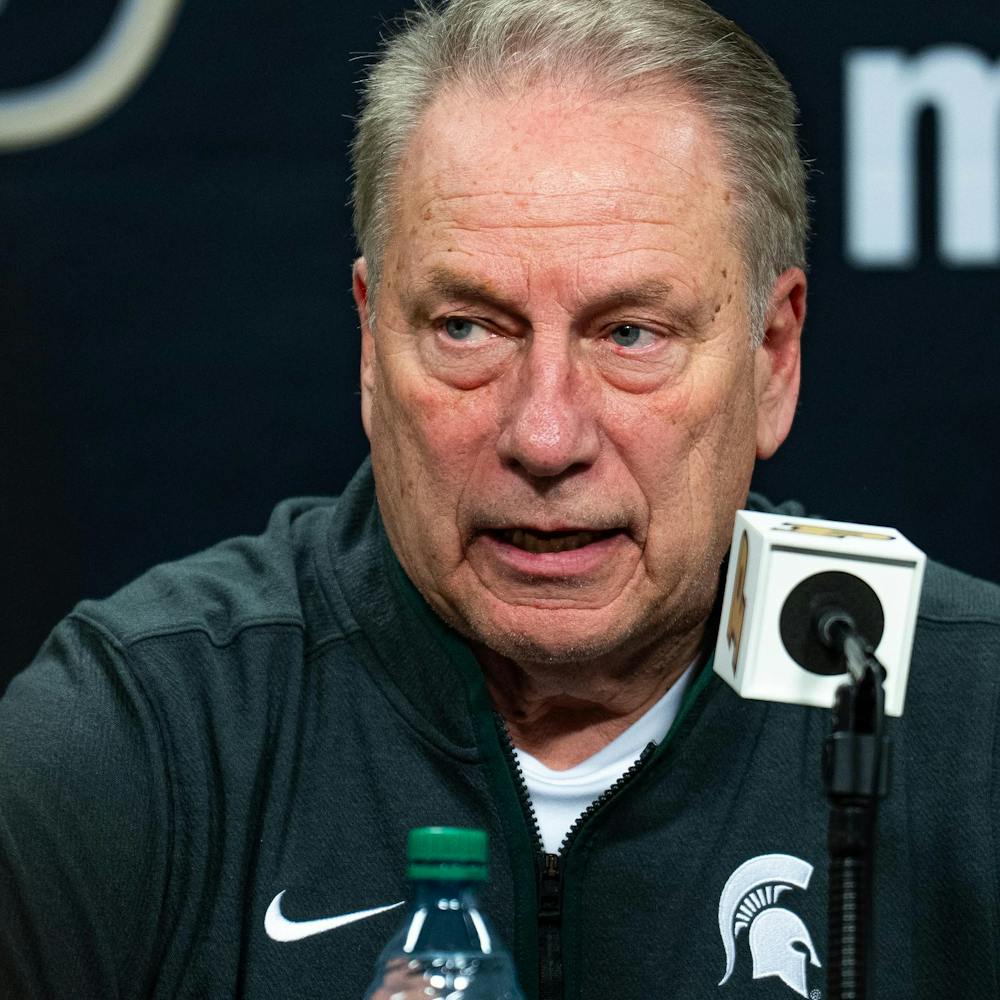My 3-year-old daughter is, in my unbiased opinion, the smartest little girl in the world. For more than a year, she's been able to identify the bad guys on television by listening to the music.
OK, maybe that means we let her watch too much television. It also means she has learned what most of us have learned over the years: Bad guys look, sound, and act in certain recognizable ways … at least on television.
Unfortunately, the real world is a little different. I've worked with a number of abusers and rapists over the years, and not once have I heard the soundtrack switch to a minor key as they cracked their knuckles and ran their tattooed hands over their bald scalps. These were ordinary men, people I could see working at the reception desk of an upscale restaurant or mingling with parishioners before a church service.
I remember chatting with one man before an abuser's intervention group. He was a nice guy with a good sense of humor. We talked a bit about the program's ups and downs. He admitted he had screwed up, but he seemed so open and friendly about it that it was hard not to like him. I learned afterward that this likable, easygoing guy had beaten, raped, and tried to murder his girlfriend.
We want so desperately to recognize the bad guys. If we know who "they" are, then we can avoid them. We can stop them. For us men, we can make sure we're not mistaken for them.
That last point is tricky. Nobody wants to think of themselves as bad guys, especially when it comes to sexual violence. Nobody wants to look in the mirror and see a rapist or a an abuser. We don't want anyone else to see us that way, either.
So we reinvent the bad guy. Studies and statistics have shown time and again that the majority of sexual assaults are committed by friends, family members and romantic partners. Yet every time I talk to student groups about rape and ask them to describe a "typical" rapist, they talk about knife-wielding strangers lurking in the shadows. We imagine a bad guy who is easy to recognize, one who is not like us.
People ask me if it is worth the effort to educate people about sexual violence. "We knows rape is wrong, and the drunks who do it don't care about your statistics or definitions."
Here is one of the hardest things I have learned over the years I've done this work: There is no us versus them. It's not about drunken villains. I've known sexual assault counselors who have raped, and volunteer youth workers who beat their wives. Many of "us" - the non-raping, non-abusive "good guys" - still end up contributing to the problem of sexual violence.
A 2002 study by the U. S. Department of Justice asked the question, "Why do college men rape?" Among the factors they found were stereotypical views of women's sexual behavior, sexist views of women, and peer support for sexually abusive behavior.
So we're the good guys. We've never raped. We haven't beaten our girlfriends. Do we look the other way as our friend tries to get that hot brunette drunk? Do we turn up the radio when the guy in the dorm room next door starts shouting at his girlfriend again? Do we laugh at the one about the blonde secretary giving oral sex to her boss? Do we doubt accusations of rape and abuse, not based on the facts of the case, but because "He's a nice guy who wouldn't do something like that?" Have we examined our own views of women and sexuality? Do we challenge other men who joke about their latest "conquests" or look at sex as a game, determined to score by whatever means necessary?
In other words, do we encourage those factors that lead to rape? Do we challenge them? Or do we simply not think about it?
The mistaken belief that rapists and abusers are drunk, sociopathic and different from the rest of us is a myth that allows sexual violence to continue.
When we believe abusers are brutish slimeballs, we are more likely to disbelieve victims whose abusers don't live up to that image.
When we focus rape prevention efforts on stranger assaults, we send the message that acquaintance rape is less important, even though the majority of rapes are acquaintance rapes.
When we separate ourselves from the problem because we're the "good guys," we stop examining our own attitudes and behaviors.
It's true. Most people know rape and abuse are wrong - at least when they're presented in the straightforward, black and white way we see on television. Yet the majority of rapists don't see themselves as the bad guys, nor do they see what they did as rape. A study of children between 12 and 20-years-old found that one in seven believed: "It's okay for a boy to make a girl have sex with him if she has flirted with him or led him on" (National Crime Prevention, 2001). These aren't evil, sadistic bad guys. These are regular boys who believe the myths, stereotypes, and oversimplifications of sexual violence.
Eventually, my little girl is going to grow up. I would give anything to make sure she can always identify and avoid the bad guys. As a father, I will do everything in my power to keep her safe. That means teaching her that real life isn't like television, and the easy distinction between good guys and bad is an illusion.
There is no "us" versus "them." In the end, there's only us."
Jim Hines is the MSU Safe Place male outreach coordinator. He can be reached at jchines@sff.net.






